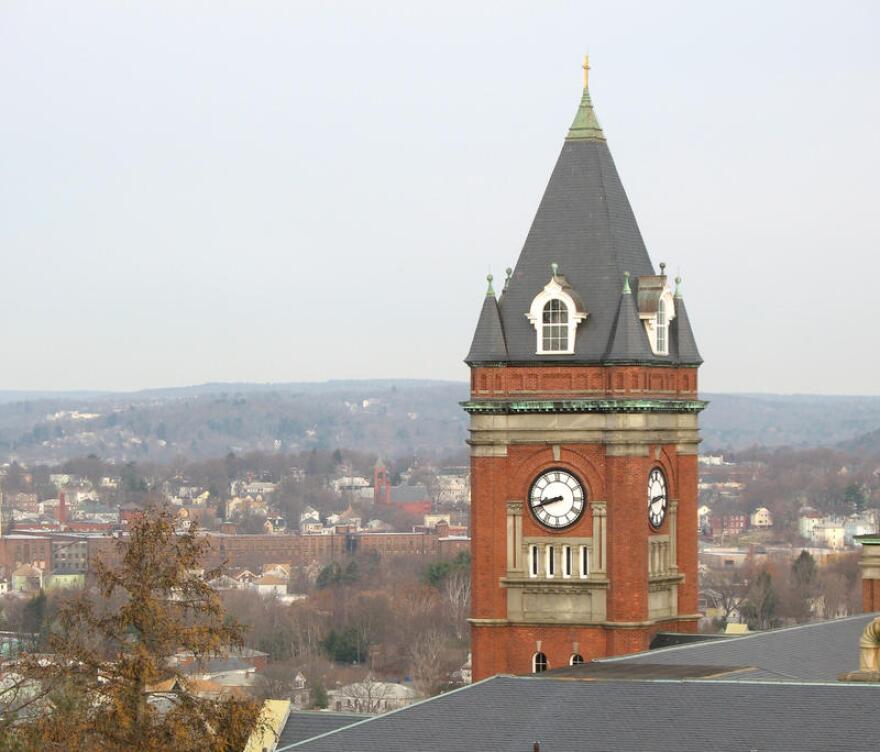Some colleges and universities across the country have taken a more egalitarian approach to admissions: removing students' ability to pay from their decisions. But College of the Holy Cross in Worcester, Massachusetts, has inched back in that direction.
Out of the thousands of colleges and universities across the country, about 100 don't consider U.S. students' financial resources when deciding whom to admit.
That's according to Mark Kantrowitz, who tracks all that for savingforcollege.com.
"A college that's need-blind admits students without regard to their financial need," he said. "But that doesn't mean they meet all their financial need. They may leave a gap of unmet need."
Kantrowitz said a smaller group of about 50 colleges and universities are not only need-blind, but offer to meet demonstrated need with financial aid, like grants and loans, for U.S. students. For decades, Holy Cross was one of them.
"I think the trustees and all the powers that be that looked at this, [and] just saw that with spending continuing to increase, and realizing that we could really put ourselves in sort of a corner if we continue to do this," she said.
Matt McGann, Amherst's dean of admission and financial aid, said that approach has paid dividends for the school.
"We're very proud of our socioeconomic diversity, our racial and ethnic diversity, our geographic diversity, our diversity of thought — and much of this is attributable directly to our financial and admission policies," McGann said.





